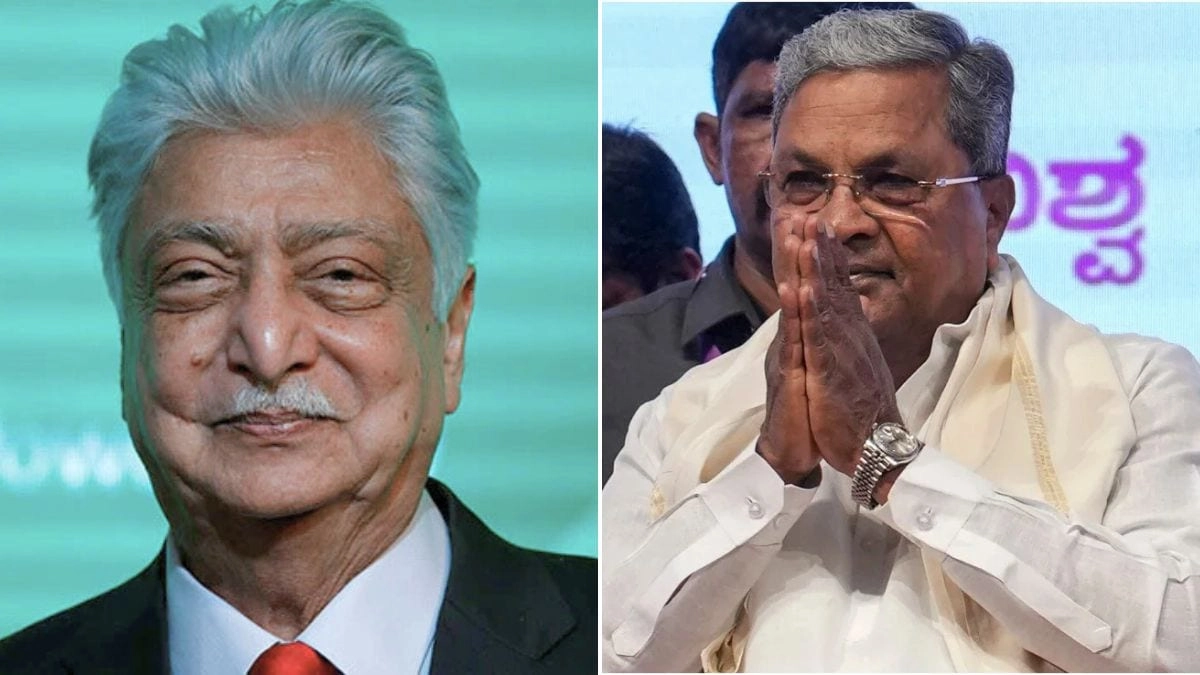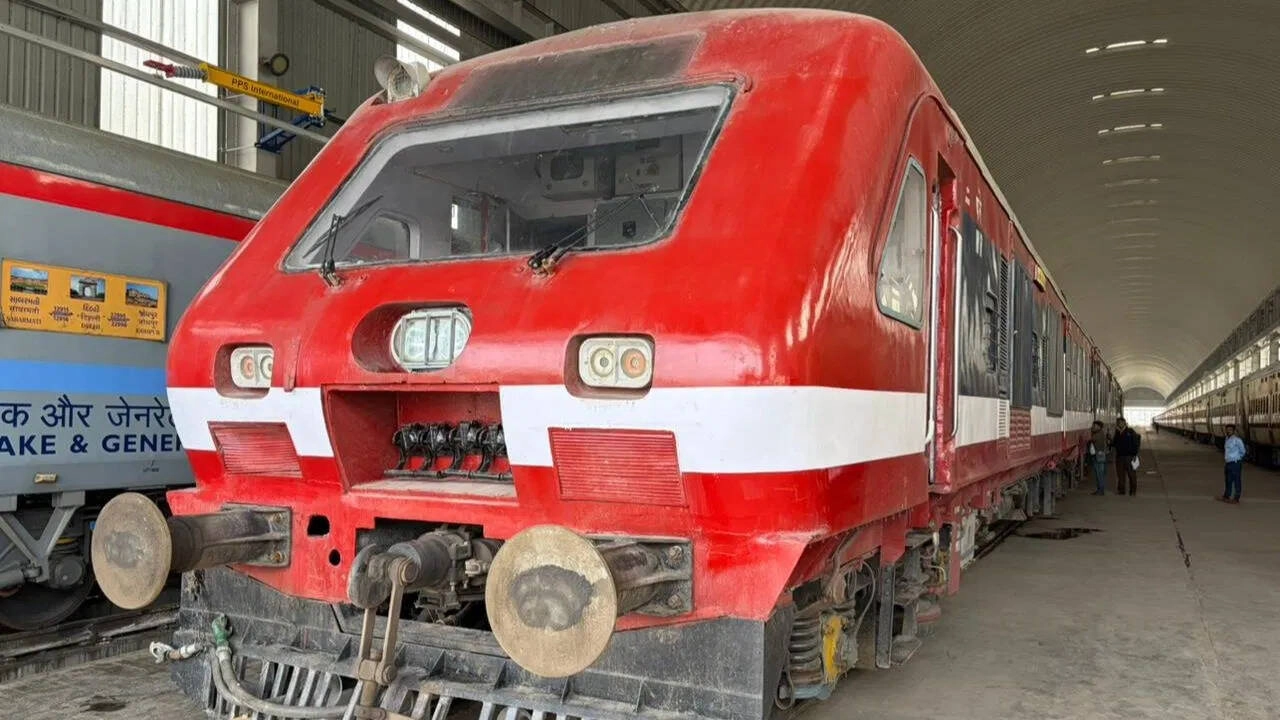The political landscape in Karnataka has become increasingly contentious as the Bharatiya Janata Party (BJP) has taken to social media to criticize Chief Minister Siddaramaiah following a decision by Wipro to decline a request for road development in the state. The BJP labeled Siddaramaiah’s administration as a “begging bowl,” implying that the government is reliant on private corporations for basic infrastructure needs. This remark is seen as part of a broader strategy by the BJP to undermine Siddaramaiah’s credibility and governance, portraying him as ineffective in managing the state’s infrastructure and development initiatives.
Wipro, a significant player in the Indian IT sector, had been approached for assistance in upgrading roads critical for the economic growth of Karnataka. However, the refusal to support this initiative has prompted the BJP to seize the opportunity to question Siddaramaiah’s leadership and his ability to attract investment and support from prominent corporations. The naming of the government’s efforts as a “begging bowl” not only underscores the BJP’s criticism of Siddaramaiah’s reliance on private enterprises but also reflects a growing frustration among citizens regarding the state of public infrastructure.
In response to these accusations, Siddaramaiah and his party members have defended their development strategies, arguing that collaboration with the private sector is a standard practice in modern governance and essential for driving economic growth. They assert that the government is actively working to improve infrastructure through various initiatives, and it should not be viewed merely as a passive receiver of corporate charity. As the political rivalry intensifies, this incident serves as a reminder of the challenges faced by state leaders in navigating relationships with private businesses while addressing public infrastructure needs.
The implications of this ongoing conflict extend beyond party politics; they touch on the broader issues of governance, accountability, and the relationship between the public sector and private enterprises in India. As the BJP continues to leverage such incidents to bolster its position, it raises questions about the effectiveness of current government policies and the future of public-private partnerships in the region. The outcome of this political tussle may have lasting effects on the governance landscape in Karnataka and could influence voter sentiment in upcoming elections.




